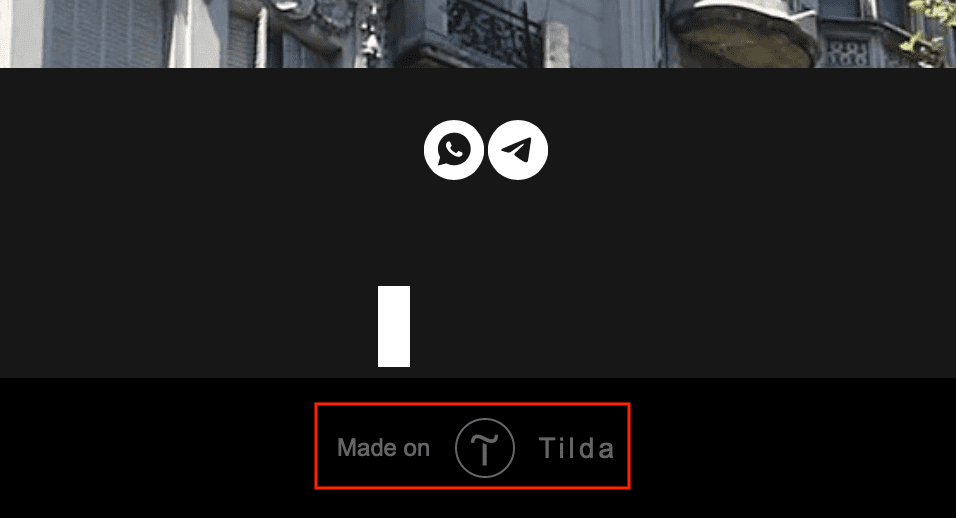Today, not only programmers, but also many other specialists take part in the work of websites: content managers, copywriters, designers, marketers, SEO-specialists. They do not need to know programming languages and understand the code, thanks to the fact that there are systems that allow you to manage the project through a convenient interface. The systems are called Engines or Content Management Systems (CMS). In this article we explain what it is, why sometimes you need to know the engine of someone else’s site, and share ways how you can do it: look manually or check through online services.

What is a website engine (CMS)
A content management system or engine is software that helps you create and administer web projects without having to tamper with a program code. Built-in CMS tools allow you to edit the content of pages, change their structure, customize the design and functionality. Popular CMS-engines include platforms like WordPress, Bitrix, Joomla, OpenCart – there are quite a lot of them on the Internet, so you can not always quickly determine which system uses a particular web resource. Below we will tell you why it may be necessary to know the engine of a site.
Why recognize site’s CMS
When you plan to create a web resource, determining the engines of competing sites can help you decide which platform to build your project on. Knowing the CMS of competitors is also useful for analyzing the market and niche: you will learn what is preferred by more successful companies, see their capabilities and technical strategies.
Immediately note that to learn the site engine online will not work if the company uses its own development or custom-made system for its management. But in most cases, Internet resources work on well-known engines, so let’s understand how to find their “traces”.
How to determine CMS of website yourself
To find out on which engine the site works, it is not necessary to turn to online services. It is enough to manually do one or more of the following actions – this will not require any special skills.
VIEW PAGE SOURCE CODE
Go to the web resource you are interested in and right-click on the blank area of the page to open the context menu, and select “View page code” or Ctrl + U for Windows users. If you have macOS, press Option + Command + U. Carefully examine the HTML code looking for distinctive meta tags, links, or direct mentions of the CMS name.

Some site owners prefer to hide information about the system used, so the method does not always work.
CHECKING PATH TO DESIGN FILES
This method is almost no different from the previous one: you need to look in HTML and find links to style files (CSS) and scripts (JS). By the structure of paths to folders you can usually draw a conclusion about the engine. For example, if the address to the design files begins with /wp-content/ – this is a sure sign of WordPress CMS.
WITH HELP OF SERVICE PAGES IN ROBOTS.TXT
The robots.txt text file contains indexing guidelines for search engine robots. All websites have it and it is usually located at /robots.txt, where the domain of the resource you are analyzing is. In “robots”, to prohibit or allow indexing, relative paths to pages and directories are prescribed. They can also suggest which engine manages a project.

BY LOGGING INTO ADMINISTRATION PANEL
Most CMSs have a separate web page with an admin panel. For security reasons, webmasters often change its address, but you can try to open the “admin panel” in your browser using the default URL and thus identify the engine. Default web addresses of panels in different systems:
/wp-admin/ – WordPress;/administrator/ – Joomla;/auth/ – Bitrix;/user/ – Drupal.
THROUGH SITE FOOTER
Information about the management system can sometimes be found at the bottom of the resource – especially if the pages were created using templates. CMS may be mentioned in small print next to contact information or copyright block.

ANALYZE STRUCTURE OF URL LINKS
Another way to determine the CMS is to analyze the URLs on the site. In different engines they are formed differently, so the structure of links can also indirectly hint at a particular system. In WordPress, they are formed like this: site.com/r=123.
However, this works only if the project has not used CNC generation – human-understandable “urls”, which are much easier to read and perceive than automatic ones.
3 online services to check site engine
If you don’t want to bother with analyzing source code or file paths, use online services that will do everything for you. We will tell you about three tools that allow you to determine the CMS of your site.
WHATCMS
A convenient service with the simplest possible interface: you simply enter the URL of the desired website and click “Detect CMS”. It will take a couple of seconds for WhatCMS to analyze the site and determine what engine is used on it. The information about this will be in the “Content Management System” block.
BUILT WITH
This web service allows you to find out not only CMS, but also other technological solutions of a certain site: hosting, libraries, frameworks, programming languages, CDN, widgets, etc. It conducts detailed analytics, but the report is more complex than in the previous service, so you need to look for information about the engine carefully.
ITRACK.RU
The Russian platform that can find “traces” of more than 80 modern engines. The principle of operation is the same: enter the address, click “Determine CMS” and wait.
Conclusion
Knowing what engine made a certain website can be useful for analyzing competitors, choosing the technology for your project, as well as for ensuring the security and optimization of the web resource. Now you know how to define CMS manually and online using automated tools.
